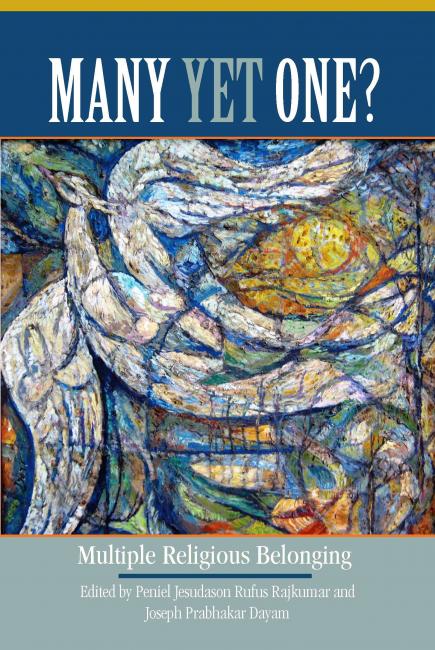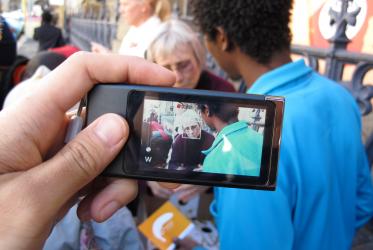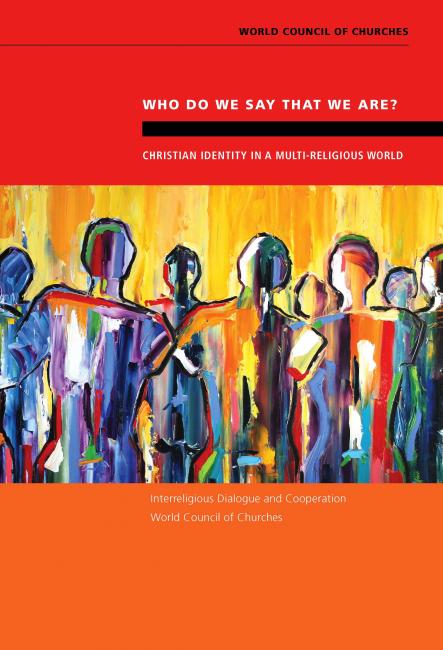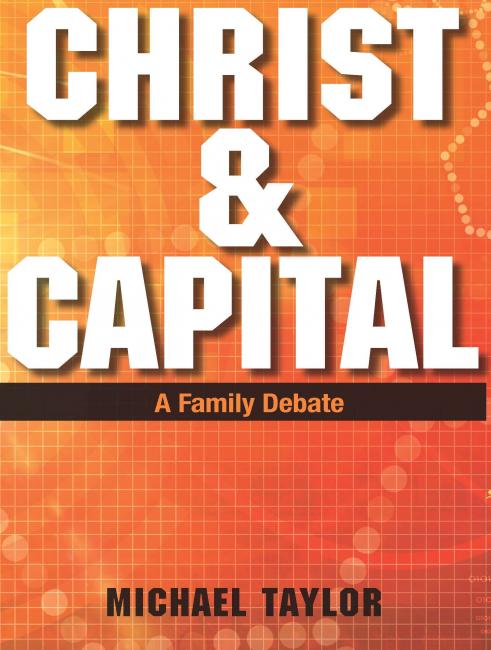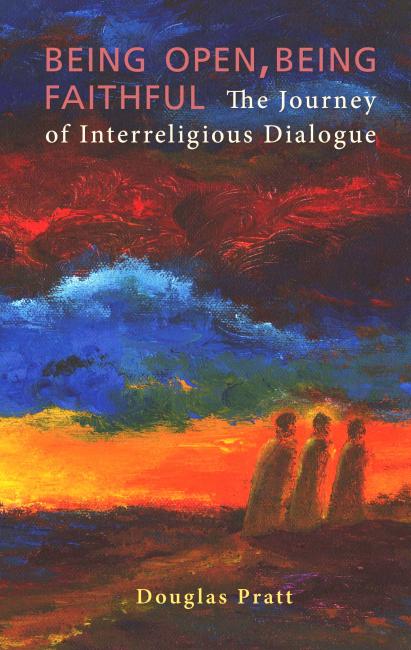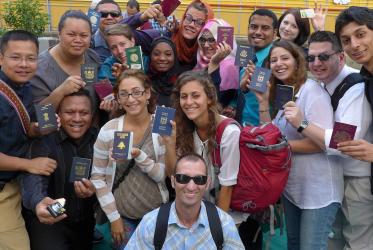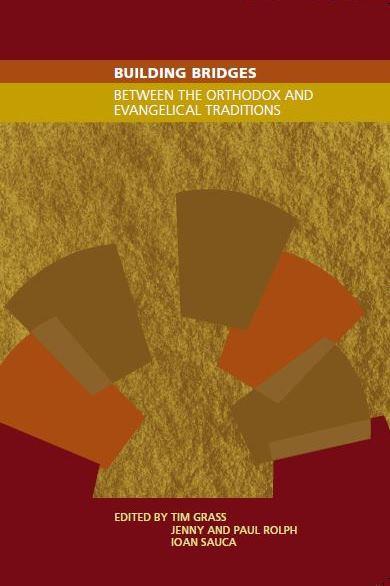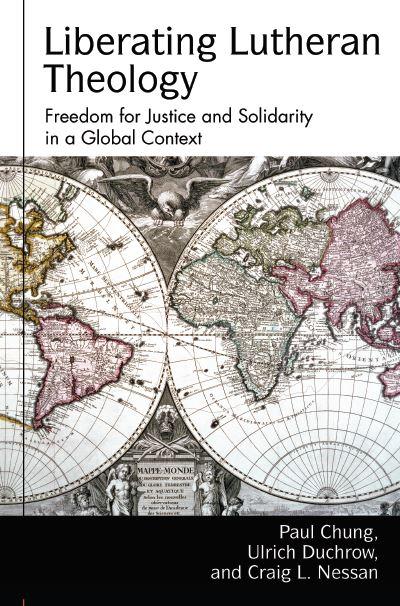Displaying 101 - 120 of 120
Religion and Violence Prevention in the Americas
28 February - 01 March 2016
Washington D.C., United States - Attendance by invitation only.
Ecumenism and Spirituality Lived and Practiced by Young People
23 - 28 November 2015
Salatiga, Indonesia
Christ & Capital
01 January 2015
Peace-ing Together Jerusalem
03 June 2014
One Baptism: Towards Mutual Recognition - A Study Text
Faith and Order Paper No. 210
01 January 2011
